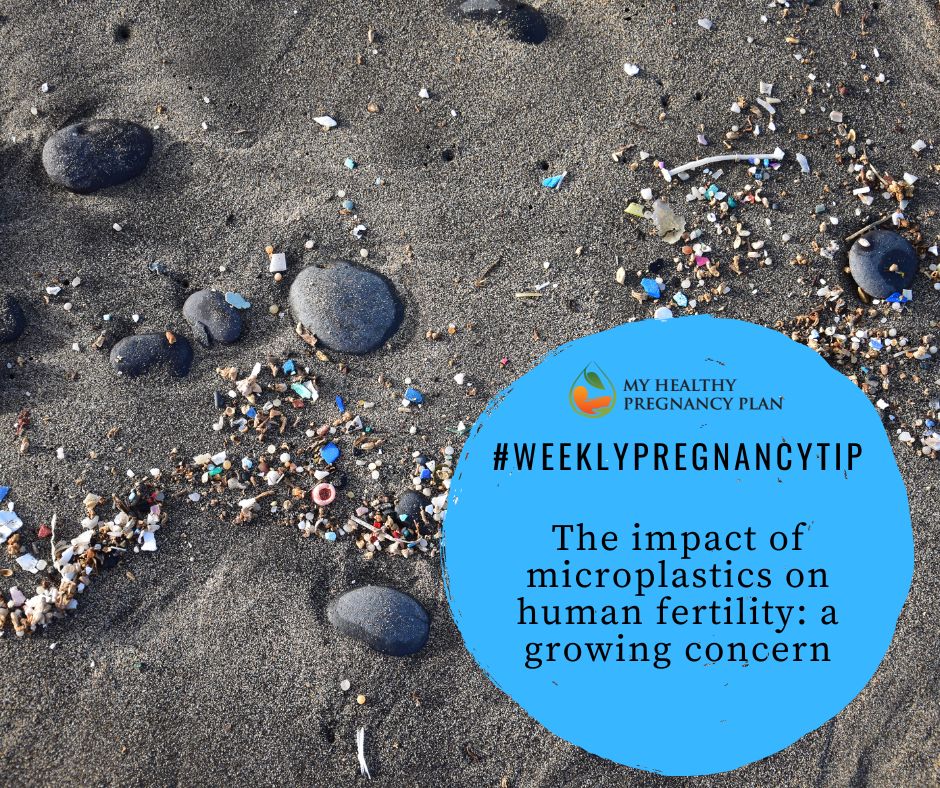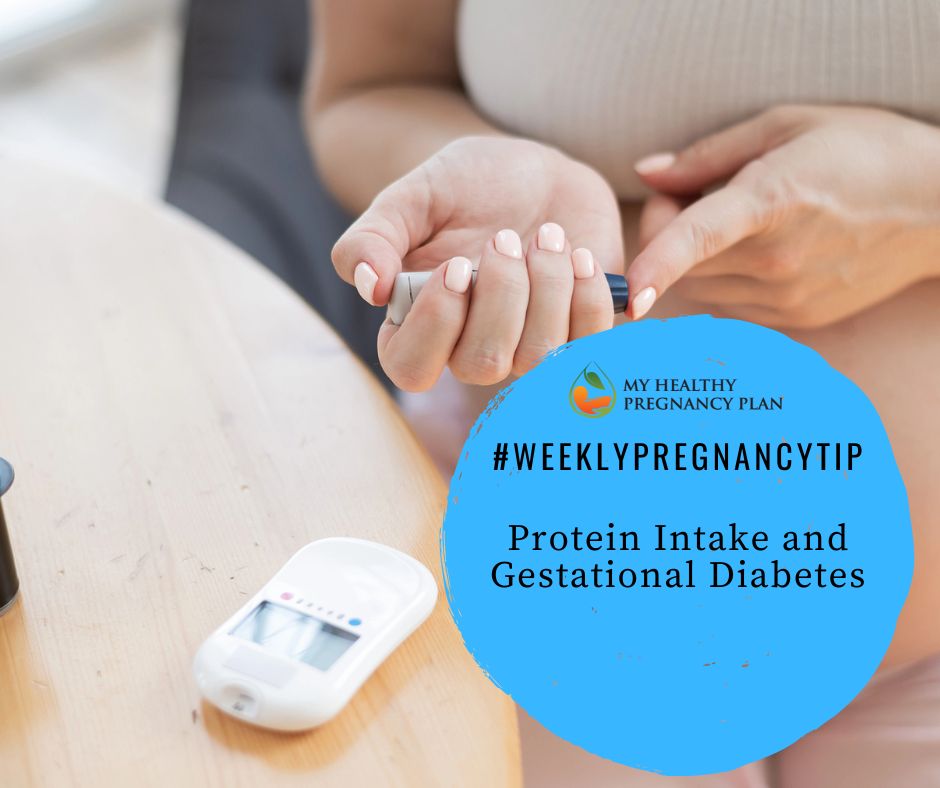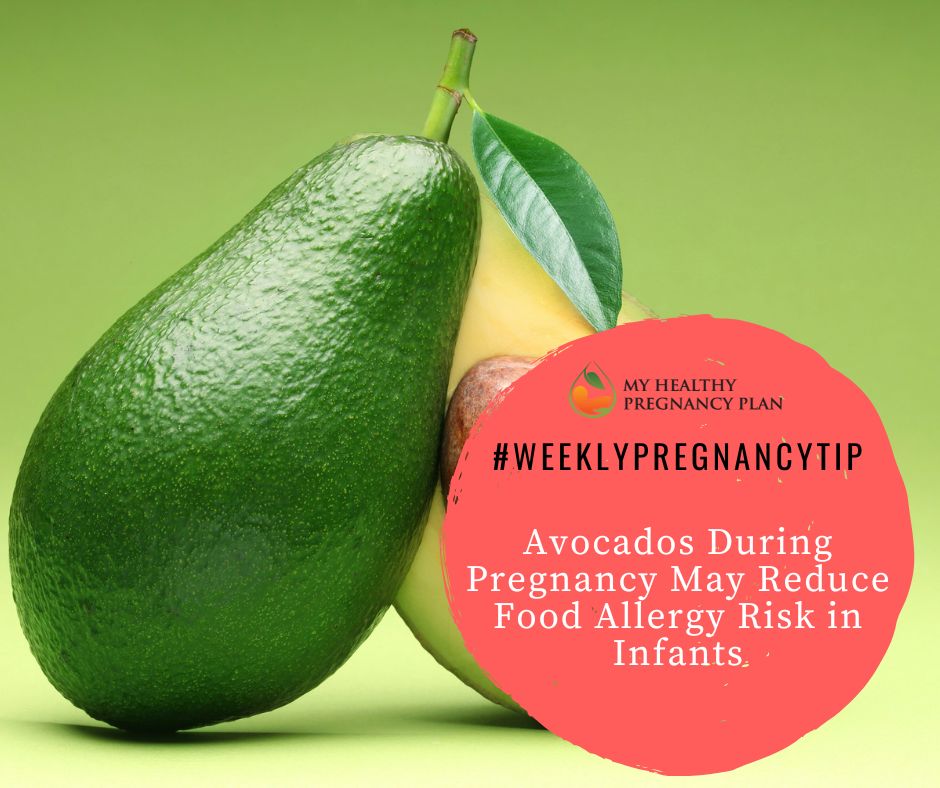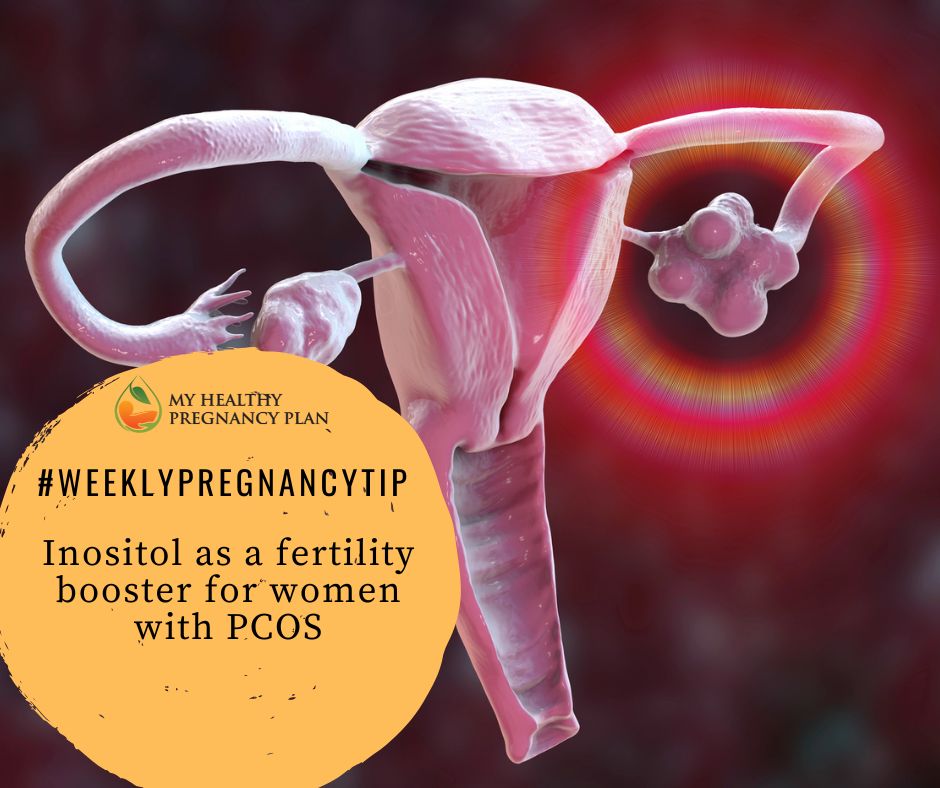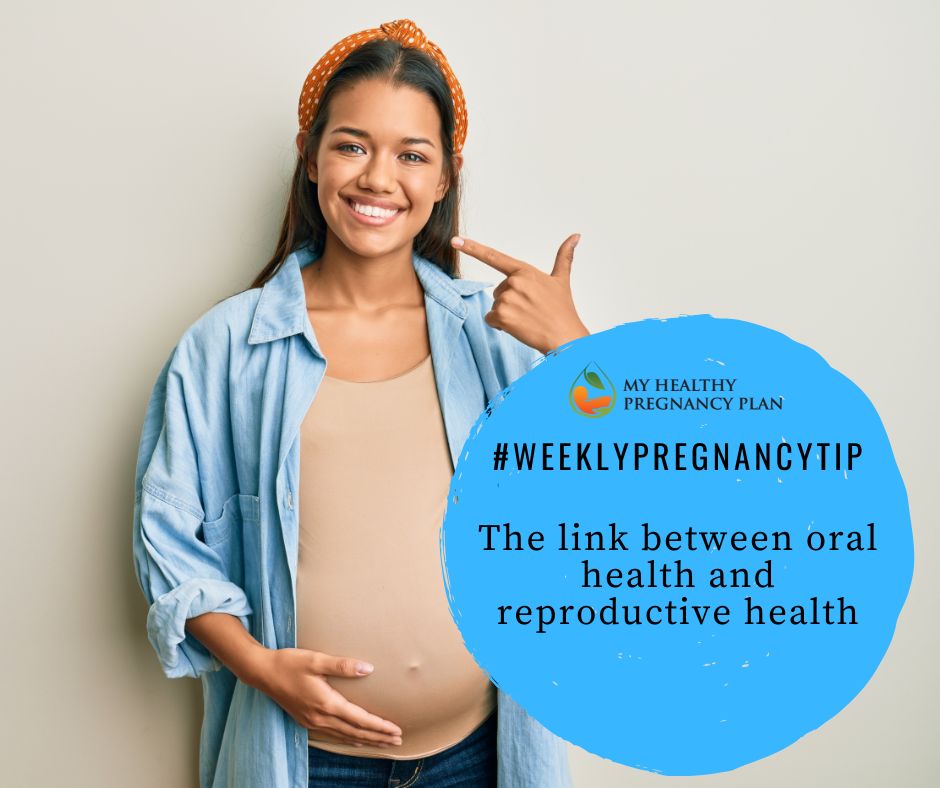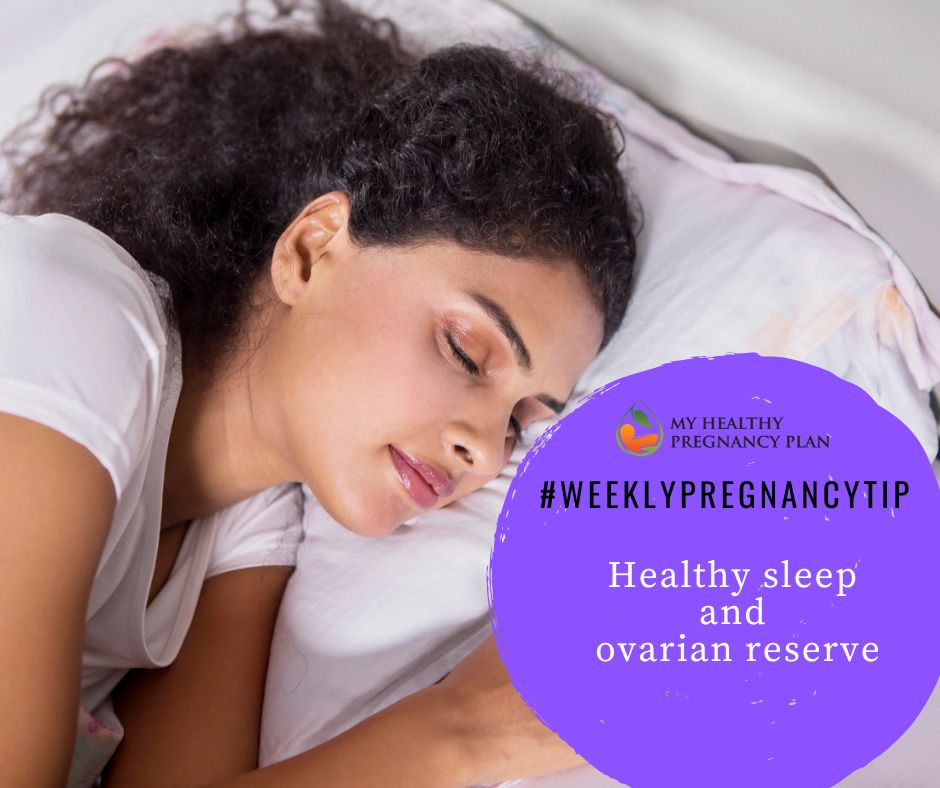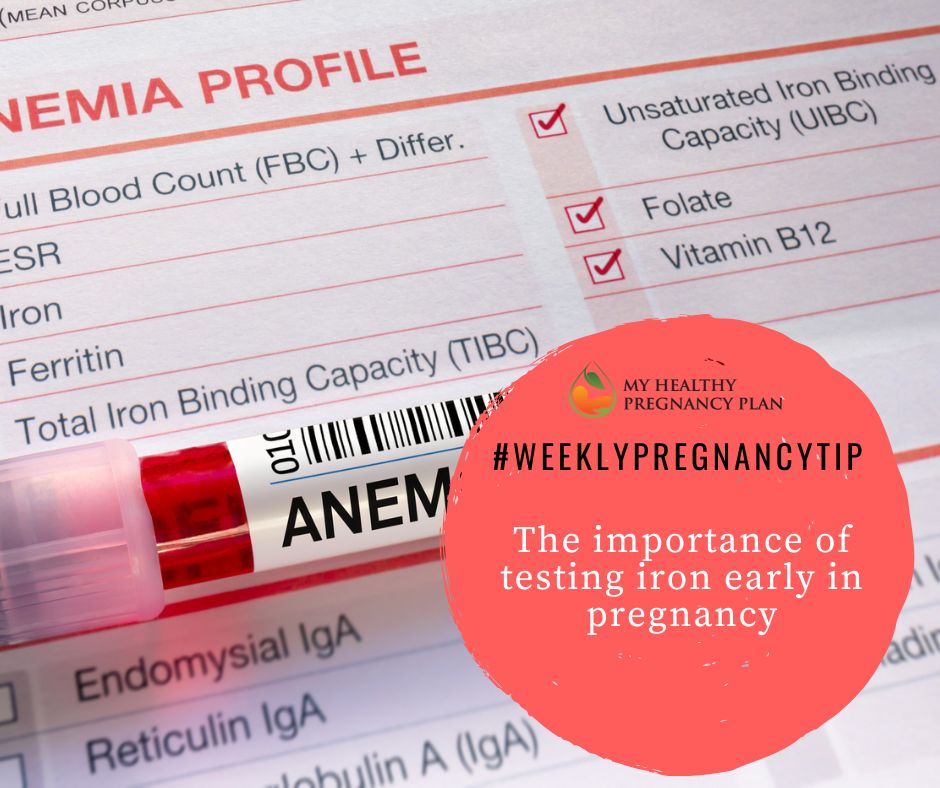Resveratrol is a popular supplement in the anti-aging world, due to its anti-oxidant-like properties. It’s part of a group of compounds called polyphenols that protect the body against damage – found mainly in the skin of red grapes, but also in red wine, berries...
Read More
Paternity leave and fertility rates
Bi-weekly pregnancy tip
With OECD countries’ fertility rates dropping by 20% in the last three decades, there is motivation to understand what might increase birth rates to reach birth replacement level of 2.0 births per woman. Given the understanding that combining family and career obligations is a...
Read More
The Impact of Microplastics on Human Fertility: A Growing Concern
Bi-weekly pregnancy tip
Microplastics are becoming an increasingly widespread concern for human health, particularly regarding their potential impact on fertility. These tiny plastic particles – less than five millimetres in size – are found in the human body, including the blood, placenta, and reproductive organs. Studies in...
Read More
Diet During Pregnancy: Protein Intake and Gestational Diabetes
Bi-weekly pregnancy tip
Healthy dietary choices are certainly crucial during pregnancy. Now, a study from the School of Public Health at Southeast University in Nanjing, China, has revealed insights about protein consumption during pregnancy and gestational diabetes (GDM). This case-control study of 947 pregnant women found that...
Read More
Avocados During Pregnancy May Reduce Food Allergy Risk in Infants
Bi-weekly pregnancy tip
Fascinating new research from Finland’s Kuopio Birth Cohort (KuBiCo) has found that mothers who consume avocados during pregnancy may be providing their unborn children with protection against food allergies. The study, published in Pediatric Research, reveals that infants whose mothers ate avocados during pregnancy...
Read More
Inositol as a fertility booster for women with PCOS
Bi-weekly pregnancy tip
Polycystic Ovary Syndrome (PCOS) is a common endocrine disorder affecting a significant number of women in their reproductive years, often leading to infertility due to chronic anovulation. Now, a study from the Faculty of Medicine at Tobruk University in Libya has explored the effectiveness...
Read More
Brush Your Teeth for Better Fertility? A Potential Link Between Oral Health and Reproductive Health
Bi-weekly pregnancy tip
Of all the ways expectant mothers can care for their own health and the health of their baby, oral hygiene is rarely top of mind. Yet, a fascinating new study from Poland’s Poznan University of Medical Science explores the growing evidence that the oral...
Read More
Healthy sleep and ovarian reserve
Bi-weekly pregnancy tip
Following on the heels of our last post on sleep quality and gestational diabetes in pregnancy, did you know that poor sleep can also impact your fertility? A recent study found that low-quality sleep is linked to lower levels of AMH and higher levels...
Read More
A link between sleep during pregnancy and gestational diabetes
Bi-weekly pregnancy tip
Understandably, sleep can be a struggle for expecting moms. But new research suggests that getting enough quality sleep is about more than just rest: it can also reduce the risk of developing gestational diabetes (GDM) during pregnancy. A recent study found that both poor...
Read More
The importance of testing iron early in pregnancy
Bi-weekly pregnancy tip
Worried about iron levels during pregnancy? A new study highlights how iron deficiency becomes more common as pregnancy progresses, even in otherwise healthy women. By the third trimester, over half of the participants faced iron deficiency, which can impact both mom and baby. The...
Read More



